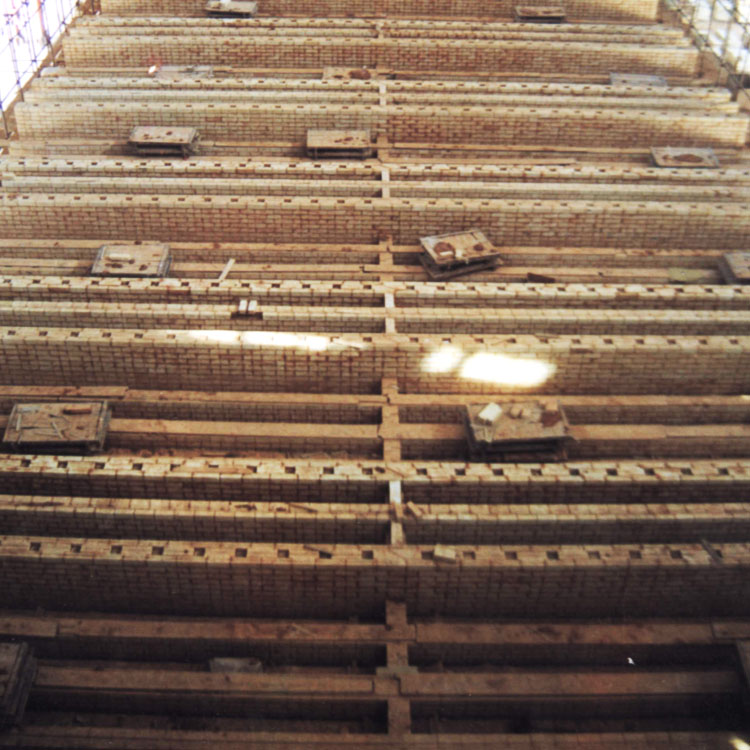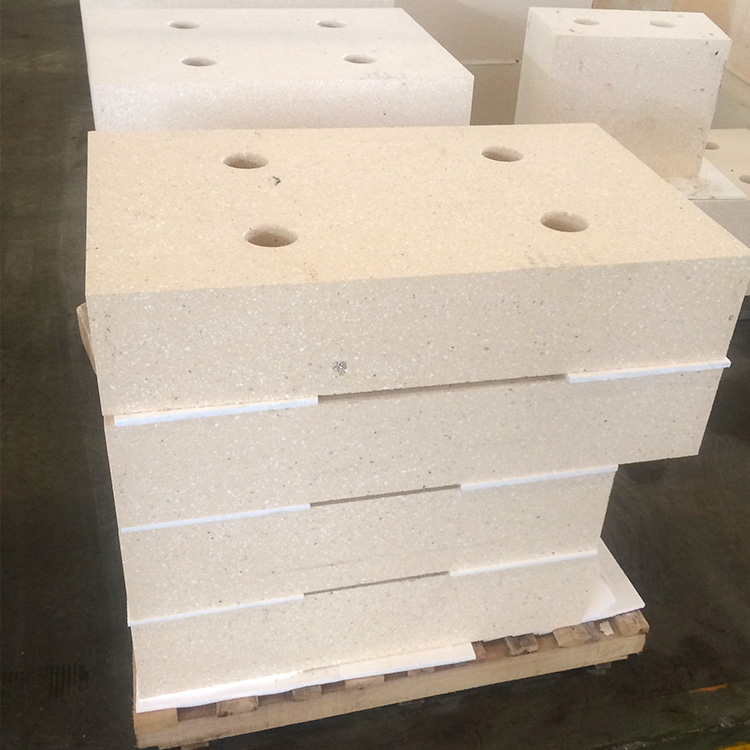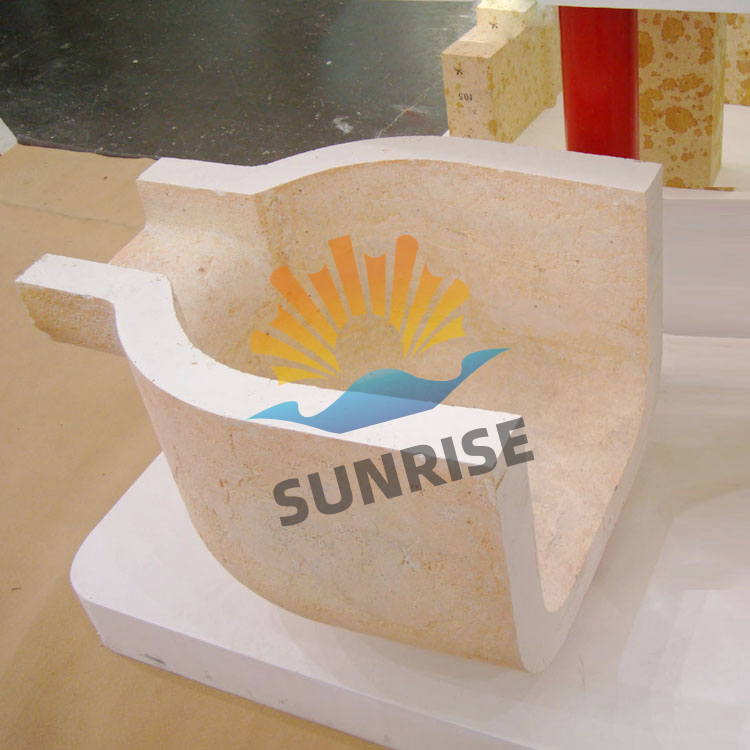
Industrial operations worldwide continually face challenges posed by harsh working environments. High temperatures and corrosive atmospheres inside furnaces and reactors significantly threaten the lifespan and efficiency of critical equipment. In such conditions, the choice of refractory materials becomes paramount for maintaining continuous production and lowering maintenance costs. High-quality corrosion-resistant sillimanite bricks offer an optimal solution tailored to these demanding requirements.
Sillimanite bricks stand out for their exceptional thermal stability and superior resistance to chemical corrosion. Sillimanite (Al2SiO5), a natural mineral, undergoes high-temperature calcination that stabilizes its crystalline structure, enhancing its refractory properties. Typical high-temperature facilities see these bricks retain structural integrity even above 1650°C (3002°F), making them ideal for intense heat applications.

| Property | Value |
|---|---|
| Maximum Service Temperature | 1650°C (3002°F) |
| Refractoriness under Load (RUL) | ≥ 1550°C |
| Apparent Porosity | 15–18% |
| Acid and Alkali Resistance | Excellent corrosion resistance to both acidic and alkaline slags |
| Thermal Conductivity (at 1000°C) | 1.4 W/m·K |
These parameters highlight sillimanite bricks’ ability to resist thermal spalling, mechanical stress, and chemical attack, crucial for minimizing unplanned downtime and extending equipment lifespan.

One of the most demanding environments for refractory materials is the glass manufacturing furnace. Inside these units, refractory bricks must endure corrosive molten glass and highly oxidative atmospheres at temperatures often exceeding 1500°C (2732°F). The deployment of high-quality sillimanite bricks has enabled multiple global glass producers to improve furnace reliability and reduce maintenance frequency.
For instance, a notable float glass manufacturer in Europe reported that replacing traditional fireclay bricks with sillimanite bricks in their furnace crowns and regenerators extended refractory service life by over 30%, resulting in significant cost savings and increased production continuity.
Beyond glass furnaces, sillimanite bricks are widely utilized in petrochemical refinery heaters, cement rotary kilns, and steel industry ladle linings where thermal shock and chemical erosion are challenges.

Beyond technical performance, selecting corrosion-resistant sillimanite bricks delivers strategic advantages to enterprises. The extended durability lowers the frequency of furnace shutdowns, directly translating to higher uptime and production efficiency. Additionally, improved operational stability enhances product quality — a key factor in elevating brand reputation within competitive markets.
With global industrial markets demanding continuous optimization, companies leveraging premium refractory materials demonstrate increased market competitiveness and better business growth prospects. The investment in high-quality sillimanite bricks is thus not just a cost but a long-term value enabler.
In conclusion, high-quality corrosion-resistant sillimanite bricks form a robust shield against the twin threats of extreme heat and aggressive chemical wear in industrial equipment. Their proven material properties and successful application cases affirm their role as a pivotal component in modern industrial refractory solutions.
Industrial operators seeking sustained performance, reduced downtime, and enhanced market positioning are encouraged to consider these superior refractory bricks for their next upgrade or new installations. Reach out now to discover how sillimanite bricks can optimize your equipment’s lifespan and boost operational efficiency.

